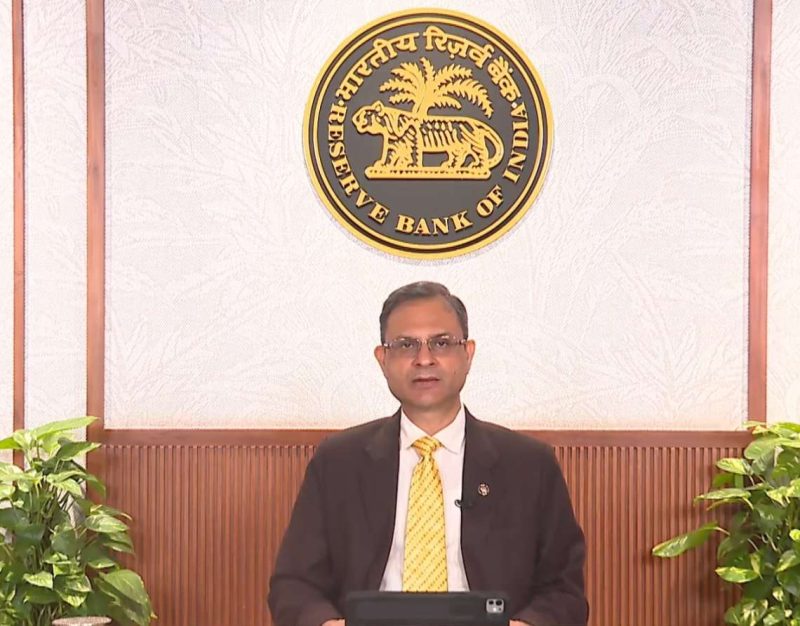The study also finds that men are ‘significantly’ more optimistic than women, making them more willing to take risks…reports Asian Lite News
Women are less willing to take risks than men because they are more sensitive to the pain of any losses they might incur than any gains they might make, new research shows.
The study also finds that men are ‘significantly’ more optimistic than women, making them more willing to take risks.
The findings, published in the British Journal of Psychology, showed that women report a lower willingness to take risks than men with 53 per cent of this gap accounted for by the higher levels of loss aversion among women and a further 3 per cent attributable to the lower levels of financial optimism among women.
“The differences between the sexes in risk taking can explain why women are less likely to be entrepreneurs, are underrepresented in high-paying jobs and upper management, and less likely to invest their wealth in equities markets than men,” said Dr. Chris Dawson, Associate Professor of business economics at the University of Bath’s School of Management.
“Despite these important implications, we still know very little about why women take fewer risks than men
“When thinking about risky choices, people tend to assess the probability of losing something alongside an evaluation of how painful that loss would be. I found that women take less risks than men as they focus more on the possibility of losing and anticipate experiencing more pain from potential losses,” Dr. Dawson said.
This study investigated the joint role of two psychological characteristics to explain the differences — loss aversion, the idea that losses loom larger than gains, and optimism.
To measure loss aversion, Dr. Dawson took data from a survey of 13,575 people to assess how changes in household income from one year to the next predict changes in psychological well-being.
He found that income losses are less painful for men than for women with no difference in the psychological responses to income gains between the sexes.
When asked how they saw themselves financially a year from now with expectations about outcomes under the individual’s control, men were significantly more optimistic than women.
The research indicates that this optimism may be linked to men’s overconfidence about their abilities compared to women which previous studies have highlighted.
If women are both less optimistic about the probability of favourable outcomes occurring and less confident in their abilities than men, they will naturally evaluate a given gamble as being riskier, the research said.














